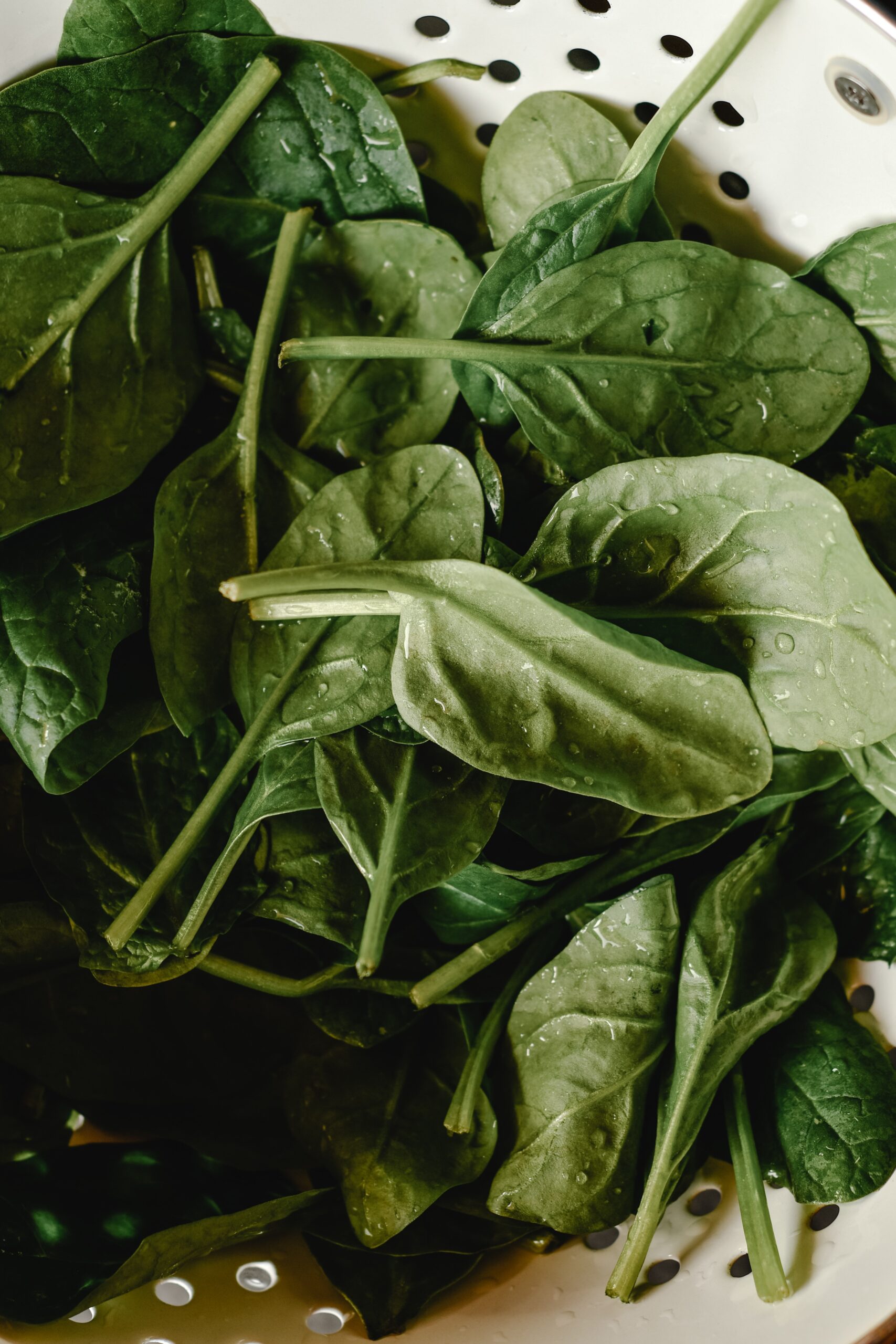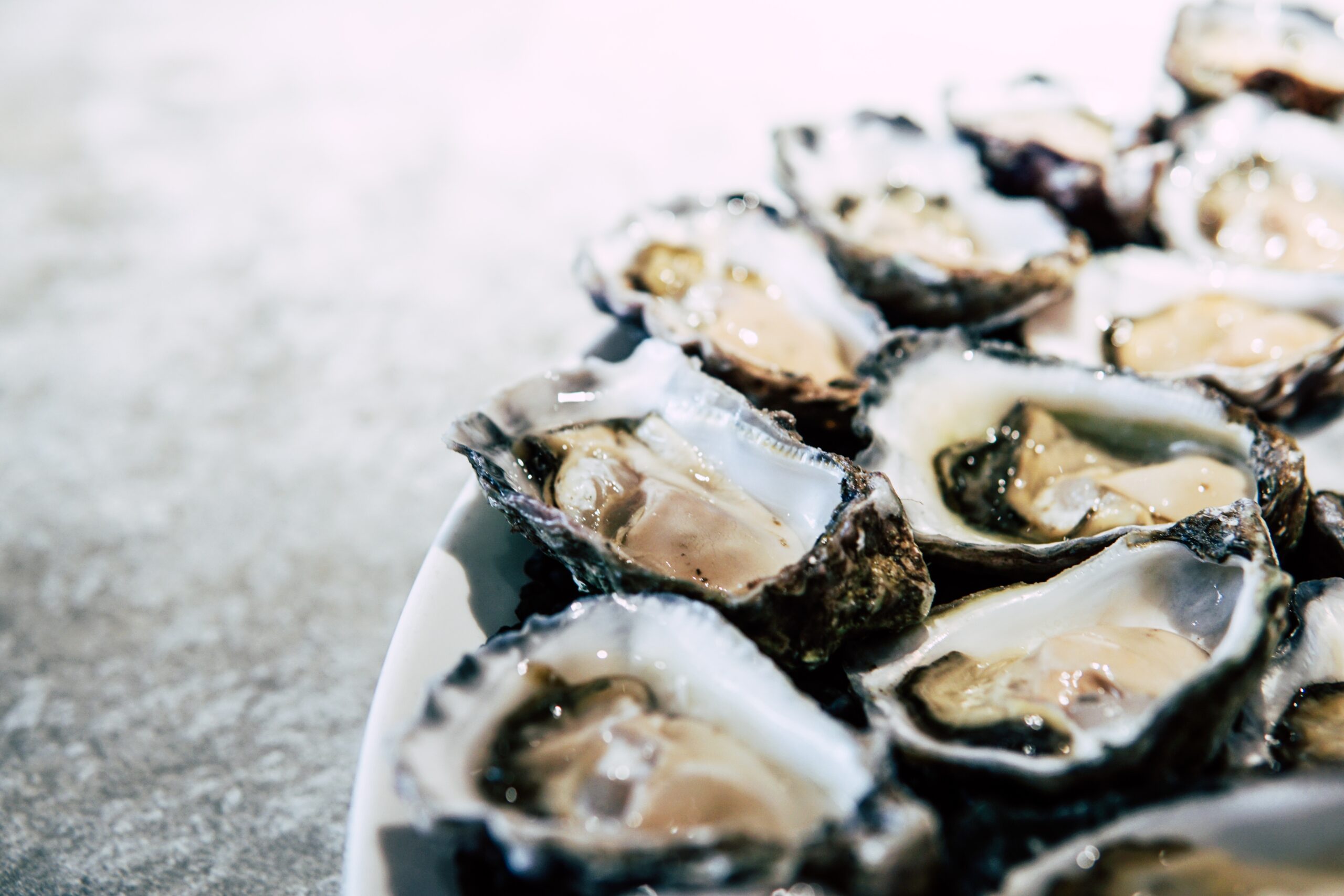
Iron is an essential mineral that plays a crucial role in the body.
It is needed to produce hemoglobin, which is the protein in red blood cells that carries oxygen from the lungs to the rest of the body. Without enough iron, the body cannot produce enough hemoglobin, which can lead to anemia and other health problems.
Iron is also important for the proper function of the immune system. It helps white blood cells fight off infections and diseases, and it is involved in the production of certain enzymes that are essential for the immune system to function properly.
Iron is necessary for cognitive function and development, and studies have shown that iron deficiency can lead to impaired cognitive function and lower IQ.
Finally, iron is especially important during pregnancy, as it helps the fetus develop and can prevent complications such as premature birth and low birth weight.
Overall, consuming enough iron-rich foods is essential for maintaining good health and preventing deficiencies that can lead to a range of health problems.
There are two main types of dietary iron:
- Heme iron: This type of iron is found in animal-based foods such as red meat, poultry, fish, and seafood. Heme iron is easily absorbed by the body and is typically more bioavailable than non-heme iron.
- Non-heme iron: This type of iron is found in plant-based foods such as beans, lentils, tofu, spinach, and fortified cereals. Non-heme iron is not as easily absorbed by the body as heme iron, but it can still be an important source of iron in the diet, especially for vegetarians and vegans who do not consume animal products.
In general, animal-based foods are the best sources of dietary iron, with red meat being the highest. However, plant-based foods can also be good sources of iron, and consuming them alongside foods that are high in vitamin C (such as citrus fruits, bell peppers, and broccoli) can help enhance the absorption of non-heme iron.

Here are some foods that are high in iron and their benefits:
- Red meat: Beef, lamb, and liver are high in heme iron, which is easily absorbed by the body and helps increase the production of hemoglobin in the blood.
- Seafood: Shellfish, such as clams and oysters, are also good sources of heme iron.
- Spinach: This leafy green vegetable is a good source of non-heme iron, which is less easily absorbed by the body than heme iron but can still be beneficial.
- Lentils: These legumes are a great source of non-heme iron, as well as protein, fiber, and other nutrients.
- Tofu: This soy-based protein is a good source of iron, especially for vegetarians and vegans who may not consume as much heme iron from animal products.
- Nuts and seeds: Pumpkin seeds, cashews, and almonds are all good sources of iron, as well as other important nutrients such as magnesium and vitamin E.
Benefits of iron-rich foods include:
- Increased energy levels: Iron is essential for the production of hemoglobin, which carries oxygen to the body’s tissues. Having enough iron in your diet can help prevent anemia and boost energy levels.
- Improved cognitive function: Iron is also important for brain function and development, and studies have shown that iron deficiency can lead to impaired cognitive function and lower IQ.
- Strong immune system: Iron is necessary for the proper function of the immune system, as it helps white blood cells fight off infections and diseases.
- Healthy pregnancy: Iron is especially important during pregnancy, as it helps the fetus develop and can prevent complications such as premature birth and low birth weight.
It’s important to note that too much iron can be harmful, so it’s best to get your iron from food sources rather than supplements unless advised by a healthcare professional.